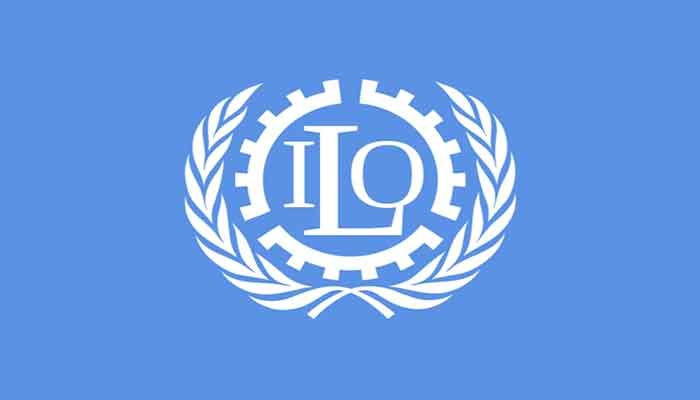
Desk Report
Publish: 21 Nov 2020, 03:00 pm

The impact of COVID-19 on women in the textile sector has intensified due to underlying problems, including sexism and abuse, under-representation of women's voices, income disparities and unevenly divided care and family responsibilities, according to the International Labor Organization (ILO) brief.
Entitled 'Gendered impacts of COVID-19 on the clothing industry,' the brief seeks to raise awareness of the gendered reality of COVID-19 and to outline how the pandemic effects women and men workers in the clothing sector, according to the ILO website, reports AFP.
“Women account for approximately 80 percent of the garment sector workforce, so they are heavily affected to start with by many of the impacts of the COVID-19 pandemic. However, women also experience additional impacts due to the existing challenges they face in the workplace as well as expectations regarding women’s obligations in the home,” said Joni Simpson, Senior Gender Specialist for the ILO’s Regional Office for Asia and the Pacific.
Recent ILO report has highlighted the fall in imports of major clothing-exporting countries in Asia by up to 70% in the first half of 2020 due to COVID-19. This has contributed to a dramatic rise in workers' layoffs and dismissals, while factories that have re-opened frequently run at reduced labor capacity.
An approximate 65 million RMG employees were working in the Asia-Pacific region in 2019, accounting for 75 percent of all garment workers worldwide.
In a report on clothing workers in Bangladesh, Cambodia, Kenya, Lesotho and Viet Nam, ILO's Better Job project found that wage-earning jobs has helped advance women's equality in communities perceived to be strongly gender-based.
Women’s employment in Better Work factories has enabled them to improve their leverage and influence in household spending and decision-making, and has increased men’s participation in unpaid care work.
“Women constitute 60 percent of the workforce in the Bangladesh ready-made garment industry. A drop in women’s employment will not only impede their economic and social empowerment, but will also give rise to shortage of experienced, loyal and skilled workers in the industry,” said Tuomo Poutiainen, Country Director of ILO Bangladesh.
The brief highlights short, medium, and long-term impacts of the crisis on women workers. It also includes a series of recommendations to help build a more just and resilient industry and greater gender equality.
Recommendations include a greater focus on retrenchment and closure procedures, as well as resolving women's unequal unpaid care responsibilities so that they can return to work as factories resume operations. Efforts to resolve the COVID-19 pandemic can illustrate the particular ways in which women and men will experience the symptoms of coronavirus at work at home and in their communities. The importance of strengthening efforts to combat violence and harassment in the workplace is highlighted, in view of emerging data showing that COVID-19 has increased the risks of gender-based violence.
“It is crucial that governments, businesses and other stakeholders understand the multi-dimensional impacts of the COVID-19 pandemic on both women and men workers, and design policies that enable a smart, sustainable and gender-responsive recovery. Otherwise, the COVID-19 crisis threatens to exacerbate pre-existing inequalities and will hamper the social and economic sustainability of the garment sector,” said Jessica Wan, Better Work Gender Specialist.
Subscribe Shampratik Deshkal Youtube Channel
Topic : Business COVID-19 pandemic
© 2024 Shampratik Deshkal All Rights Reserved. Design & Developed By Root Soft Bangladesh